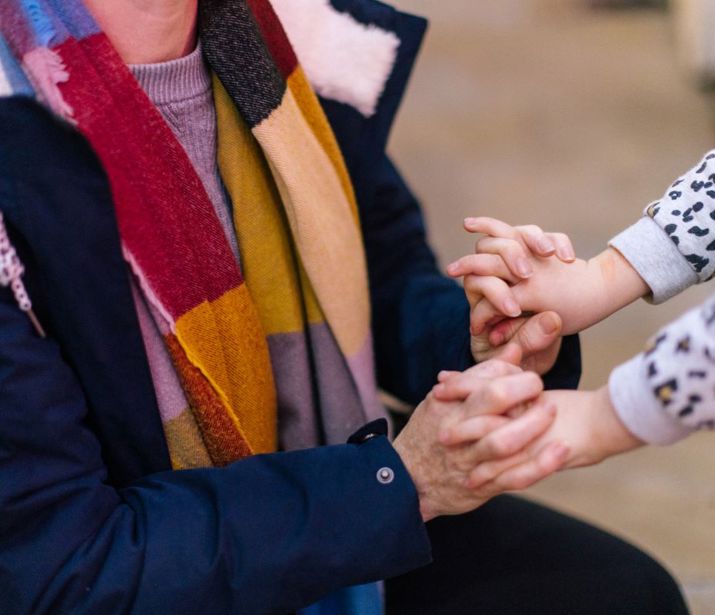Understand why some young people drink alcohol
Understanding why your child may drink alcohol can help you influence them to enjoy an alcohol-free childhood
If your child has started drinking alcohol, or showing an interest in it, understanding their motivations is a good first step towards helping them understand why an alcohol-free childhood is the best option.
Experimenting with alcohol becomes more common as children get older. For example in England in 2023, 15% of 11-year-olds said they had tried alcohol compared to 62% of 15-year-olds.1
Risky behaviour is more common during puberty. The development of the rational ‘thinking brain’ is not fully completed until 16 or 17-years-old, with more ‘fine tuning’ right into the early 20s’.2,3
The Chief Medical Officers' recommend an alcohol-free childhood is the healthiest and best option, with no alcohol until at least the age of 15 – and until 18 only with adult supervision.
It’s vitally important to understand that drinking alcohol affects children’s health differently to adults. That’s why – as well as advising that an alcohol-free childhood is the safest and best option – the UK Chief Medical Officers also say that if any teenagers do drink alcohol, it shouldn’t be at least until the age of 15, in a supervised environment, and no more than once a week.4
Your children might be drawn to alcohol, even if their first experience of it is unpleasant. It’s not uncommon for them to persist despite them not liking the taste or the way it makes them feel. If they know you’re a good person to talk to about it, they’re more likely to let you know what part (if any) alcohol plays in their life, and listen to advice about healthy choices.
Common reasons that young people (11 to 15-year-olds) give for why they think people their age drink alcohol include:5
Understanding why your child may drink alcohol can help you influence them to enjoy an alcohol-free childhood.
If you're concerned about your own drinking and the impact this could have, take our quick Drinking Check that looks at how much you drink and your drinking behaviours to receive advice on how to make changes.
Here are some other advice and information pages linked to understanding why some young people drink.
Last Reviewed: 2nd September 2025
Next Review due: 2nd September 2028
